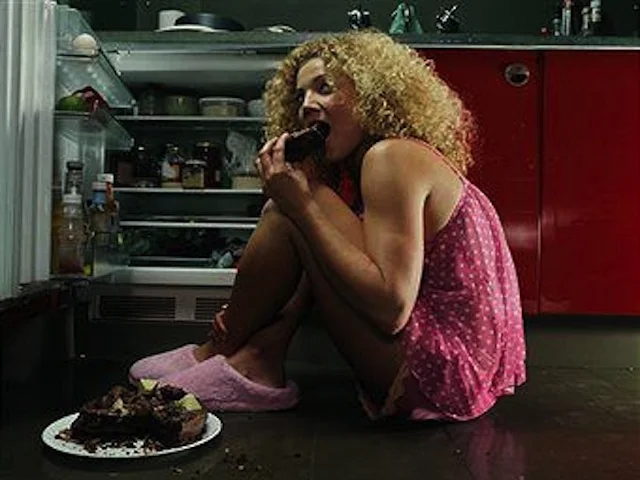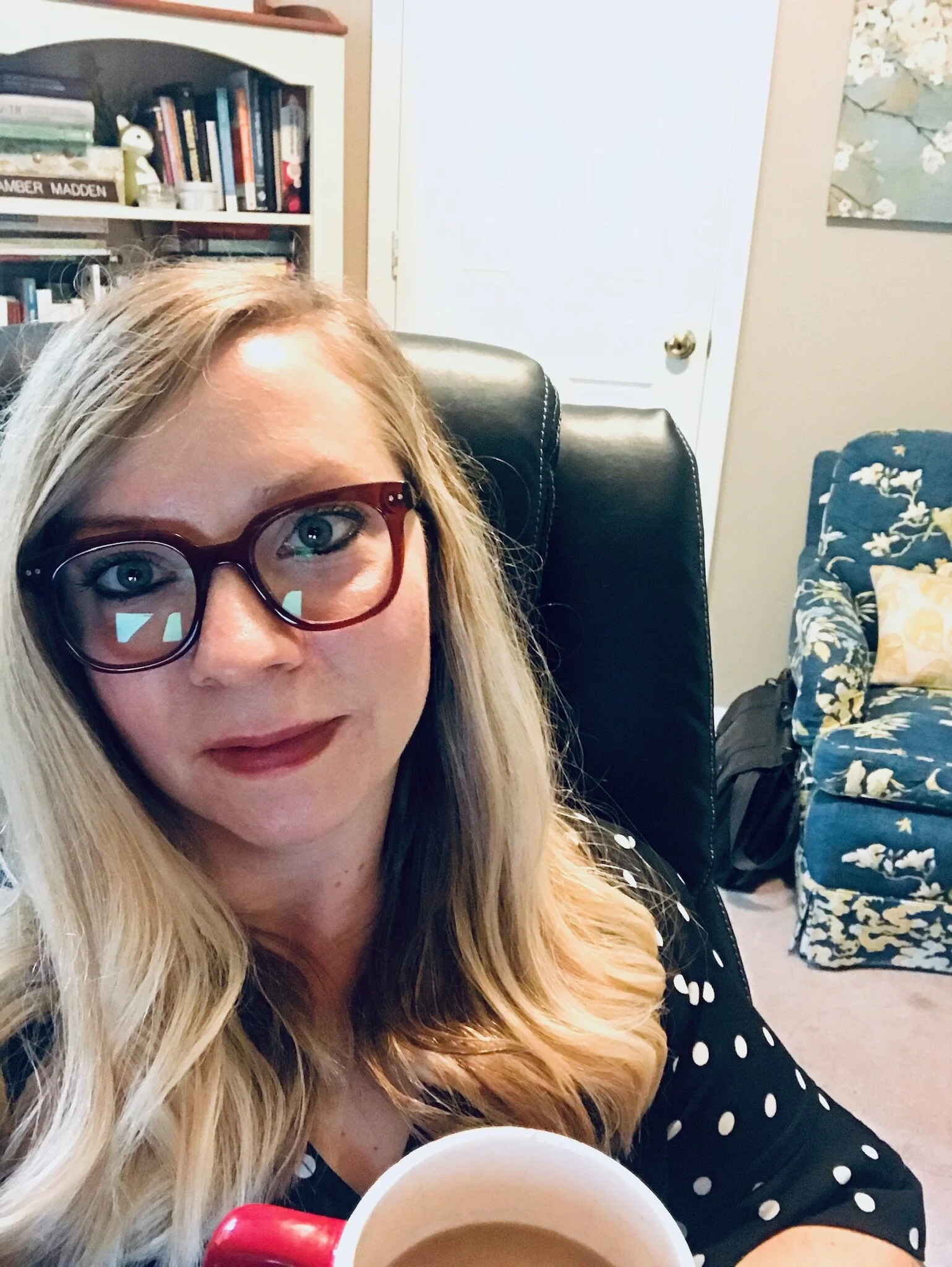Fat Girl - A Book Review
/Hello everyone! I have a book review for you today.
This report is a summary of the memoir, Fat Girl, by Judith Moore. In this detailed story, Judith creates an insightful picture of her experience as an overweight child. She laments vivid memory of many different times in her life when food was the central focus and solace to many aspects of emptiness in her life. Judith describes a childhood of torment and bullying by her classmates, attachment issues with her parents and more than one episode of when she was exposed to sexual harassment and abuse during her younger years.
Perhaps one of the most prominent themes in the book is Judith’s quest to find love and belonging. Her parents divorced when she was so young that she does not even remember her father. She writes of a mother that is thin and petite and describes her as, “built like a pear, with a pear’s waist and rounded hips.” In the memoir, she recalls a conversation with her mother when Judith had inquired about why her parents had divorced. Her mother snaps at her stating, “He crushed me, buried me alive.” Another significant part of this conversation was that her mother pointed out one reason she divorced her father was because he was fat. This statement points towards perhaps a predisposing factor associated with genetics contributing to Judith’s eating issues, as well as an interpretation Judith might be left or abandoned due to her size and weight.
Judith describes a life of isolation, one where she is preoccupied by her body, weight and size constantly. She is overwhelmed with the tasks of everyday living and often sees her body weight as interference in her ability to live a “normal” life. Simple events, such as trying on clothes, become daunting escapades in which she experiences stress and shame. During one shopping trip she comments, “Sweat pops out on my forehead. Sweat forms under my breasts and blooms beneath my armpits….. I smell meaty. I hate these clothes and I hate this store. (pg. 21)”
Because of her self-shame and hatred, Judith seems to live a lonely life. Therefore, not many people appear to be directly impacted by her eating issues. However, one could argue the people that are impacted are the people that are not in her life. Judith remains preoccupied with her body shape and weight status and distances herself from any real relationships, thus many have never had the opportunity to get to know Judith on an interpersonal level. This distancing and the metaphoric walls she has built, only assist in perpetuating Judith’s shame. Thus, she is pushed further into withdrawal from others and society.
Another factor possibly contributing to Judith’s eating issues occurs when she is in the third grade. Wanting to go to the movies, yet having no friends to accompany her, she lies to her parents that she will be attending a local showing with her friend. While viewing the movie alone, a strange man sits near her and proceeds to groom her by talking to her, asking her questions and touching her hand. During this exchange, the stranger suddenly takes her hand and shoves it down his pants. Scared and afraid she manages to get away from the man, but she never tells anyone of this instance (pg.109).
Another scenario occurs when she is on the playground. After being bullied and tormented for many years by her peers, she is rarely surprised when two boys shove her against a fence, holding her down and calling her names such as, “porky” and “fatty.” During this situation, one of the boys holds her down while the other fondles her in what she describes as her “private” areas.
An article on NEDIC assists in outlining the significance prior abuse and trauma can have in contributing to eating disorders. Many individuals who have experienced abuse often use food, and perhaps weight gain, as a way to distance themselves from people, believing this is a method to imply protection from further trauma. The article states, “The individual who has experienced abuse may have managed to keep the memories at a safe distance while preoccupied with food and weight. (http://nedic.ca/giving-eating-disorder-what-else-might-you-be-giving)”
Throughout the story, Judith discussed she did attend therapy a few times throughout her life, but primarily for other issues such as depression. She specifically stated being “surprised” now that in all the therapy sessions she attended, no therapist had ever brought up her weight or eating issues as being a subject or focus of treatment (pg. 36). Judith gave forewarning at the start of her memoir to the reader informing her story does not have a happy ending. In fact, the story ends with her having been divorced a second time, and with the statement, “I don’t want you to feel sorry for me. I do not feel sorry for myself. I am what I am. (pg. 196)”
Judith’s story is one of both testimony and purpose. She is a voice for those that feel shamed and speaks on behalf of the stigma many overweight and obese people experience every day. Her struggles with weight and self-acceptance are conveyed in such a way that the reader can experience first-hand. Others living and experiencing the same difficulties as Judith will feel the book has given an honest representation of the emotions which accompany having an eating disorder, specifically those surrounding issues tied to body image and self-esteem.
References
Moore, J. (2005). Fat girl: A true story. New York: Hudson Street Press.
Amber Madden is a Licensed Counseling Associate specializing in Eating Disorders and Obesity. She is the Clinical Director at Madden Wellness Counseling, PLLC. She utilizes her skills in addiction to assist her clients in with Binge Eating, "food addictive" patterns, and develop a positive approach to overall health and wellness. She has a passion for assisting clients in achieving their health goals and learning to love nutritious foods and exercise. For more information visit www.maddenwellnessky.com .






























